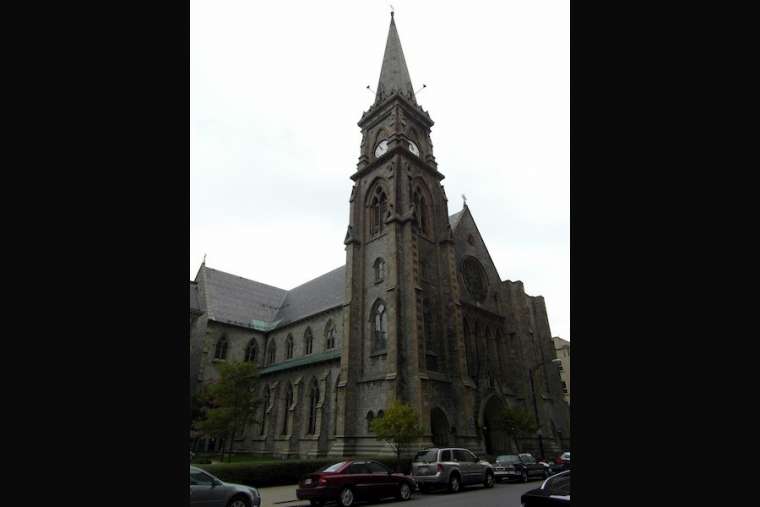A federal bankruptcy judge last week put 36 lawsuits against Buffalo Catholic parishes and schools on hold until this fall, stating that the lawsuits’ advancement would interfere with the Buffalo diocese’s bankruptcy reorganization.
New York’s 2019 Child Victims Act (CVA) created a one-year “lookback” window where abuse victims could file lawsuits long after their statute of limitations had ended.
The window opened in August 2019, and alleged victims have since filed hundreds of lawsuits— 260 against Buffalo parishes and schools alone, the Buffalo News reported.
The Buffalo diocese announced in Feb. 2020 its filing for Chapter 11 reorganization under the U.S. bankruptcy code.
During May 2020, the diocese asked a federal court for an injunction against all outstanding clergy sex abuse litigation against Catholic entities such as parishes and schools, which are named as co-respondents in CVA lawsuits and have not themselves declared bankruptcy. The diocese sought a permanent injunction on litigating these cases in order to reach a “global resolution” for all cases.
In January this year, the diocese released thousands of clergy abuse documents and related records to abuse victims and their lawyers as part of an agreement in ongoing clergy abuse negotiations during its bankruptcy.
According to The Buffalo News, these records were given to victims in exchange for an agreement that pending lawsuits against individual Catholic entities such as parishes or schools are stopped from proceeding.
However, while most of the alleged victims agreed to halt their lawsuits in exchange for the documents, 36 people, represented by attorney Richard Weisbeck, did not.
Chief Judge Carl Bucki of the U.S. Bankruptcy Court in the Western District of New York ruled March 31 that those 36 cases would remain on hold until Oct. 1, citing a potential drain on diocesan assets that could threaten settlement payments for other alleged victims.
Diocesan parishes and parochial elementary and secondary schools, as well as Catholic Charities of Buffalo, are not included in the bankruptcy filing as they are separate legal entities.
Bishop Richard Malone, who led the diocese from 2012 until last year, resigned in December 2019 following a Vatican-ordered investigation of the diocese by Brooklyn Bishop Nicholas DiMarzio.
Bishop Malone faced accusations during his tenure that he kept priests in active ministry who had been credibly accused of abuse, and shielded abuse allegations from the public eye.
New York’s Attorney General Letitia James also filed a lawsuit during November 2020 in the state’s supreme court against the diocese, Bishop Emeritus Richard Malone, retired auxiliary Bishop Edward Grosz, and Buffalo’s apostolic administrator at the time, Bishop Edward Scharfenberger of Albany.
The state alleges that the diocese, Malone, and Grosz failed to properly investigate claims of clergy sex abuse. The state also claims diocesan leadership did not “refer unassignable priests to the Vatican,” monitor priests with credible accusations, or take necessary action against diocesan priests credibly accused of child sex abuse.
The state is seeking a court order for the diocese to comply with its own policies and procedures on clergy sex abuse, and for the appointment of an auditor to investigate the diocese’s compliance.
In addition, the state is seeking restitution from Malone and Grosz, and a ban on their serving “a secular fiduciary role in a nonprofit or charitable organization” in the state.
Judge Bucki ruled on Feb. 23 of this year that Bishops Malone and Grosz must pay their own legal fees, but may still have the right to seek reimbursement from the diocese’s insurers for their legal costs, the Buffalo News reported.
Pope Francis named Bishop Michael Fisher, auxiliary bishop of Washington, D.C., as the new Bishop of Buffalo in Dec. 2020.

